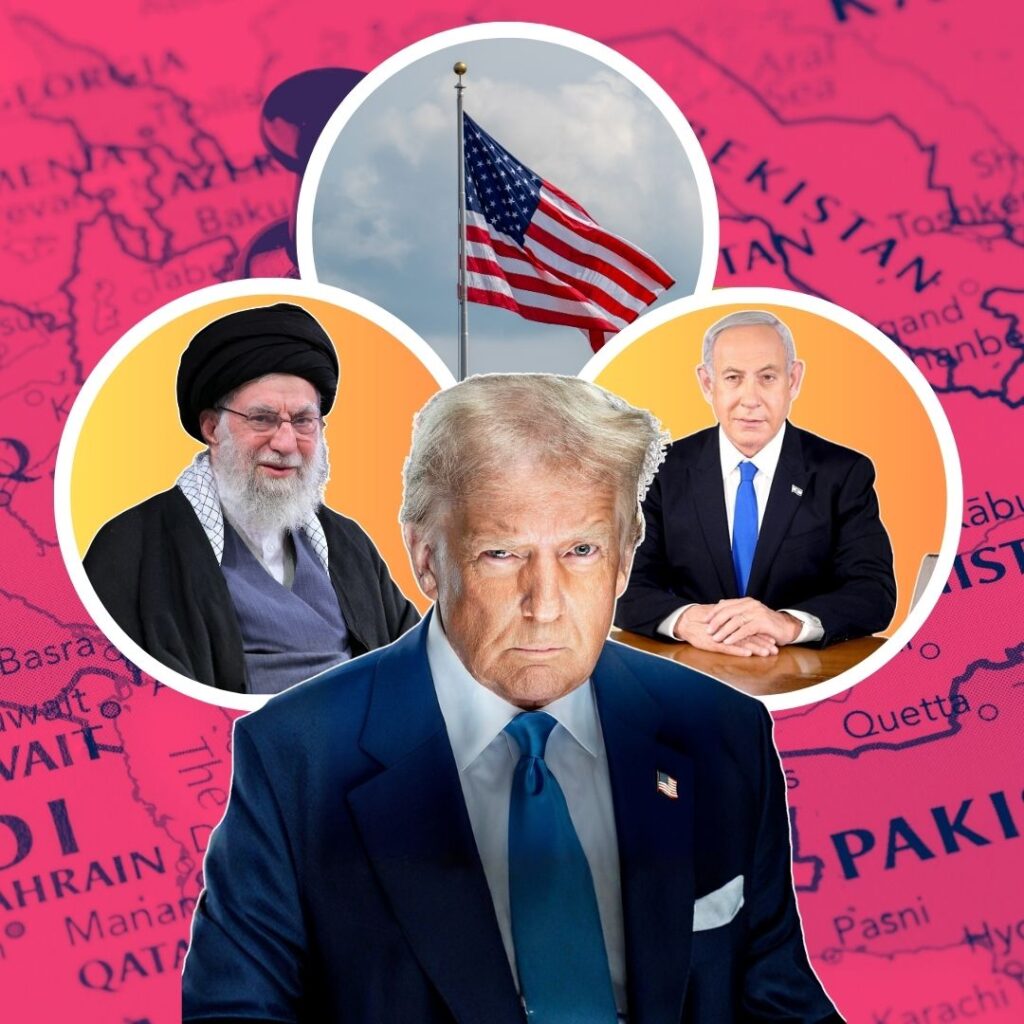‘Good morning’ is how Anand Banjara greets his parents every day. At least 20 others – 12 boys and 8 girls – in his basti in Shivpuri’s Singhniwas start their mornings like Anand. A smile is all the adults muster, shyly though, because they don’t know how to respond. But a smile of pride nevertheless, when they hear their children speak a language, they couldn’t learn themselves.
Anand is a first-generation learner. The eldest of three siblings, he belongs to the Banjara community, a nomadic tribe that finds its roots in Rajasthan. Odd jobs including painting houses are what the community traditionally survives on for livelihood. As part of a government scheme in Madhya Pradesh, the community was allotted tenements in the village, by the roadside where they have somehow managed to set up their lives.
It was an enrollment drive in local government schools under the Sarva Shiksha Abhiyan, that enabled Anand to register in one nearby.
While he enjoyed school with Mathematics, English and Science being his favourite subjects, those his age would either be made to join their parents at work or engage in household chores.
‘I always wondered why children my age wouldn’t go to school. When I would tell them what I had learnt in school, they would simply ignore me and involve themselves in games or loafing about’ says Anand.
When the officials came to offer school enrollment, Anand wasn’t the only one given a chance though. Others in his community were enrolled too, only to drop out soon for reasons all too similar and familiar.
‘There wasn’t anyone educated enough to support us in the community. Even if the students wanted to study, no one had the time to create an environment for children like us to learn’ says Anand.
And so, even though education was free, they dropped out and took up odd jobs or stayed around to support their younger siblings. After all, when sustained survival is at stake, education does seem like a secondary need.
#GenNationBuilding: Youth Duties and Rights Draft Declaration seeks the ‘Right to decision-making as the first and foremost right for all young people. It was Anand’s decision to continue with his school education despite his community’s priorities of livelihood over systematized learning that allowed him to shape his life differently.
The Banjara community that he belonged to, traditionally began as traders, travelling with their bullock carts along village roads. The tribe had been labelled as ‘criminals’ by the British who viewed them as a ‘threat’ to settled society. While the stereotypes continue to this day, research has shown how the community has come a long way to now looking for a settled life and alternative means of livelihood including labour at construction sites and other such.
However, Anand didn’t want to resign to just this. For him, his support were his parents who got him enrolled thinking he could chart another course for himself.
While Anand continued going to school, he did remain conscious of the disdain for education his community members held. Simply because they had never seen a school, let alone learn to read or write and saw earning as a better way of survival, than merely an education. But given that he was only a child from a community living under extremely challenging circumstances, he never thought he could do anything about it.
So when he came across this task to identify one out-of-school child in the community and inspire her/his parents to admit them to school under the Right to Education, during his Jagrik journey, Anand hesitated. He informed his facilitator that this would be an impossible task.
‘No one in my basti goes to school except for me. None of the parents will agree to send their children, let alone involving them in such a game’ Anand said.
However, since the task allowed for a mentor to enable this process, Anand saw it as an opportunity to at least try. With his Jagrik facilitator – Pradeep, Anand set off with his plan to inspire his community.
‘At first, we brought the community together and explained the importance of education,’ says Pradeep. Through daily interactions with the parents and educational games for the children to engage with, Anand and Pradeep gradually inspired the idea of the need for education among the community by enabling a trusting and inclusive space for self-discovery and self-realization.
‘I showed them some experiments I learnt at school which left them in amazement with a desire to know more’ says Anand.
They continued with their innovative efforts working tirelessly for over a month, before the community started to see value in what they were saying, value in education. Slowly, one by one, students began to come around. They would flock behind Anand as he led them to school. On days when some of them had to work or help their parents, Anand would teach them in the evenings to ensure they wouldn’t miss out on keeping up with their curriculum.
‘I couldn’t think of doing this earlier…













